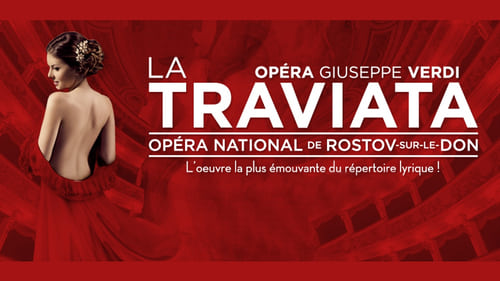Alfred Šramek
História
KS Alfred Šramek was born in Mistelbach and was a member of the Mozartsängerknaben. He continued his vocal arts studies at the Konservatorium der Stadt Wien with KS Hilde Zadek and KS Peter Klein. Numerous guest appearances have for example led him to the Salzburger and Bregenzer Festspiele. Furthermore, he regularly appeared at the Wiener Volksoper and guests in Spain, Germany and the USA. In 1975 he was engaged at the Wiener Staatsoper as a soloist, where he made his debut as 8. Meister and 5. Kapellsänger (Palestrina). His repertoire comprises about one hundred roles, among them Figaro (Le nozze di Figaro), Leporello, Masetto, Bartolo, Dulcamara, Taddeo, Benoit, Schaunard, Waldner (Arabella), Altgesell (Jenufa), Mathieu (Andrea Chenier), Don Alfonso (Cosi fan tutte), Bailli (Werther), Mesner (Tosca), Hauptmann (Boris Godunow), Frank, Dansker (Billy Budd), Schigolch (Lulu), Pistola (Falstaff), Pollicinos Vater. In 1989 he became Österreichischer Kammersänger. KS Alfred Šramek is also a successful concert singer. Numerous CD recordings have been published. http://www.wiener-staatsoper.at/Content.Node/home/kuenstler/saengerinnen/Sramek.en.php

